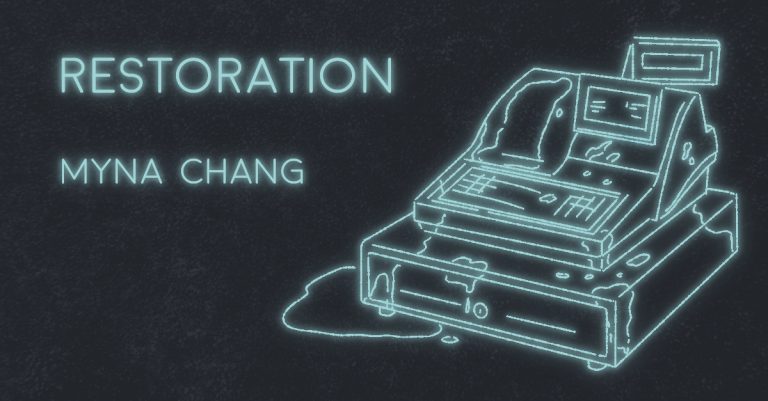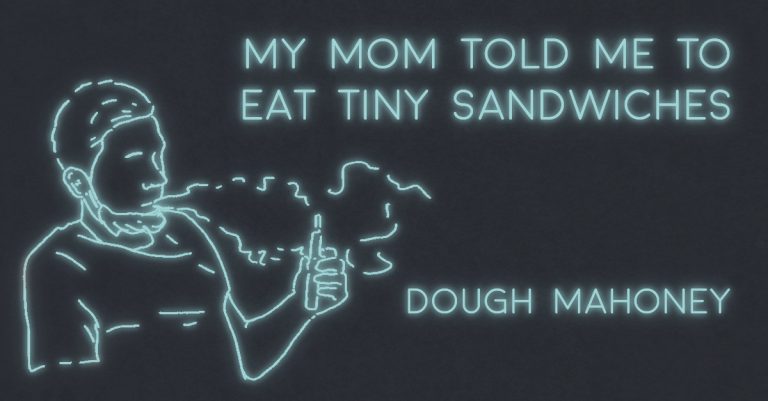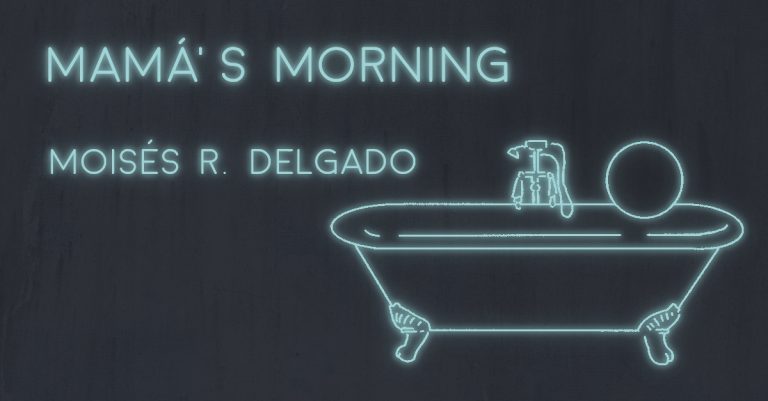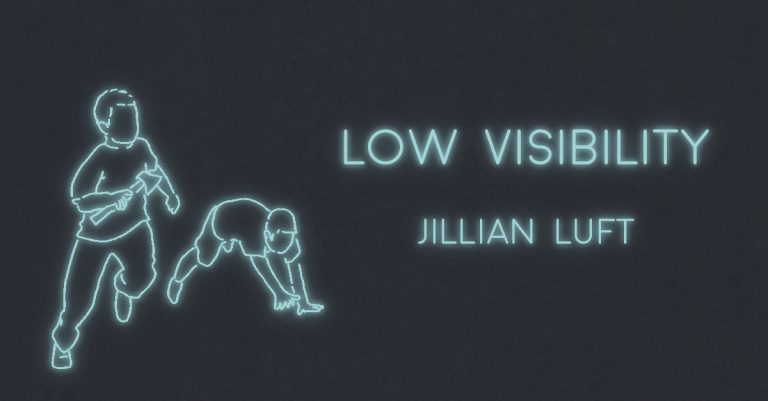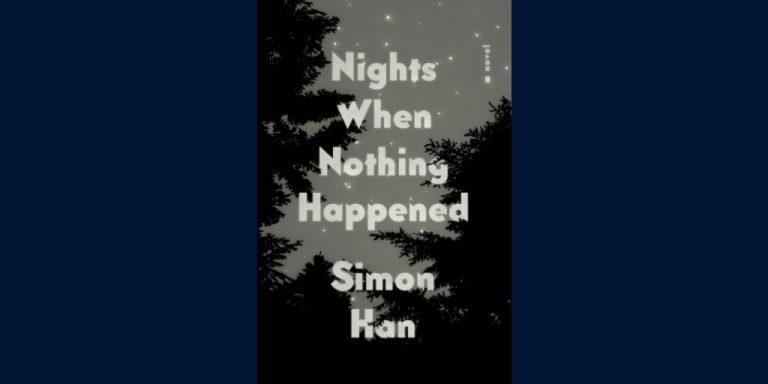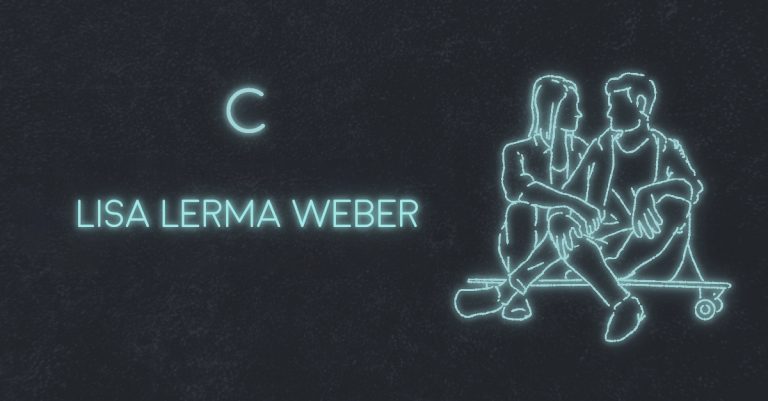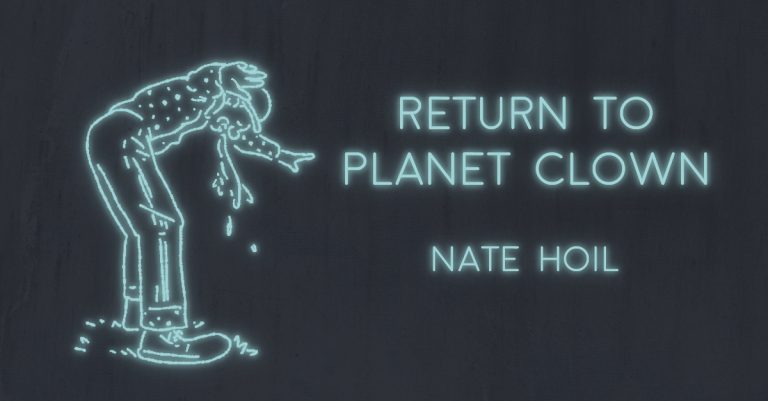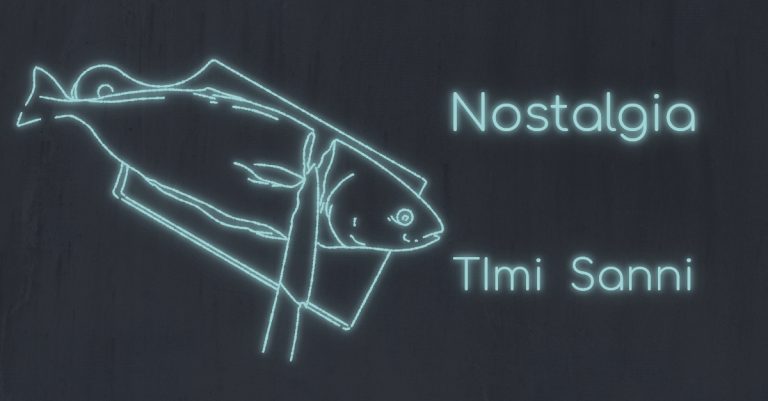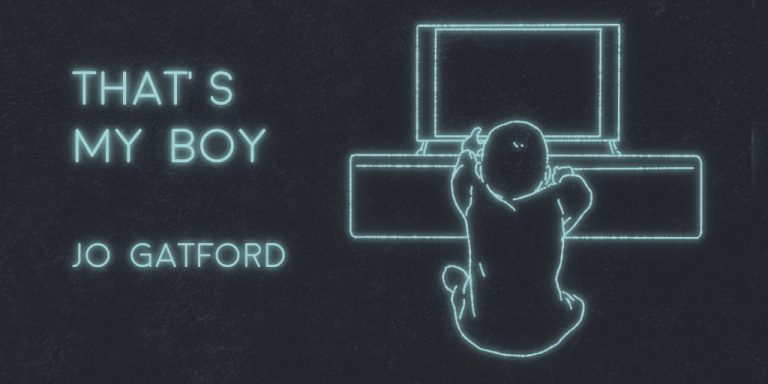Simon Han, an Asian-American writer whose critically acclaimed debut novel, Nights When Nothing Happened, comes out on November 17th, took the time to speak to me about growing up as an immigrant in Plano—a suburb of Dallas, Texas—the racism of the American Dream, his craft decisions, and more.
***
Taylor Hickney: To me this novel is about loneliness, families, the immigrant experience in America and the racism that goes along with it, the facades of the suburbs, and more. Where did the kernel of this story come from? How long did it take you to nurture it until it became what it is today?
Simon Han: Loneliness definitely sparked the novel. I had an image in my head of this child in a crowded room, somehow still alone. From that idea came the characters, the setting, etc. I started it in 2014, so, from beginning to end, it took about six years. I grew a lot during that time and am a different person than I was. I used to think about the characters in a more simplistic or nostalgic way; feeling constrained by the limited fiction that was out there, I didn't think about all the possibilities available to fiction about a Chinese immigrant family.
Taylor Hickney: Do you think you learned through writing it, as well?
Simon Han: Absolutely. When I write, I poke at the situation and ask, "Why are they doing this?" Why are Liang and Jack not talking to each other as much as, say, Jack and Annabel? Where are the cracks and fissures in the family? Through this process, I was able to deepen the characters, find more of their history as well as create more contradictions among them. It's actually through the drafting that I found the story getting messier, which, I think, was a good sign.
Taylor Hickney: What balance were you trying to strike between mystery and literary fiction?
Simon Han: I’m interested in building tension and in creating this unsettling atmosphere, but not so much in, say, delivering answers to a mystery. If anything, I want to create more mystery, more questions; and I think that may be a little uncomfortable for some readers, which I understand. If I finish reading a book and feel like it's just solved everything for me, then I stop thinking about it; but I wanted this book to linger. At first, I withheld too much information for the sake of building suspense to drop bombs on the reader, but there was something very artificial about that. In later drafts, I learned to trust the story could stand on its own.
Taylor Hickney: What did you do to make sure all of your POVs felt inhabited, especially with the children?
Simon Han: To me, it’s important to be specific about them, to not make the child a stand in for any child, but to give them their unique fears and longings.
Taylor Hickney: How much of Nights was based in your real feelings about Plano, and why do you think it has a particular reputation of insincerity and materialism?
Simon Han: For me, it was about leaning into those contradictions. For example, the suburbs in general exist in the popular imagination as these white picket fence places, but like any one who has spent time in Plano, I know that’s not what it looks like. There's a huge immigrant population, and I didn’t realize as a kid how unique that is, how many stories are there. It's got its unique darknesses, too. There's a collective amnesia that happens. My theory: this is a city that's exploding in population every year, so all these newcomers are changing the narrative and history of the city in good ways, but also in ways can overlook what came before. I'm really interested in what makes Plano a specific place. That's why it was important to me to ultimately set it there, rather than make up any suburb that could be a stand-in for all suburbs. The reality is that like no suburb is truly alike.
Taylor Hickney: In my experience, the West Plano community was the most materialistic, most racist, and the wealthiest; but that is not what Plano represents. Through a job, I met a very diverse group of kids, who went to different district high schools, and learned how limited that one view of Plano is.
Simon Han: That diversity is complicated to me, too, because of the limitations. Yes, there are, for example, a lot of Asian-Americans in Plano, but many Asian-Americans of a certain socio-economic status. I'm always interested in who's being left behind in these kinds of narratives that hold the most weight in the popular imagination.
Taylor Hickney: Part of what makes this novel special is that it is about the immigrant story. Did you long for Tianjin when you were Jack’s age?
Simon Han: I think that’s something a lot of immigrants go through, especially children, because it’s when they’re figuring out who they are. I forget my parents had lives before me, you know? They were probably very different people when they were in their 20s, and I think that the family in the novel are sort of coming to terms with the fact that at the end of the day they can't completely know one another, that that's a condition of life.
Taylor Hickney: In what ways do you think the American Dream is harmful and/or racist? Was this in your mind while writing?
Simon Han: It's like a trap. Many people have to have, whether they believe in it or not, some kind of relationship to the American Dream, because that’s the national consciousness. Someone like Liang, the father in the novel, can't locate himself in that idealist story. What happens then? He’s caught in a trap of feeling inferior, comparing himself to others who seem to have figured it out. It’s all tied to racist and toxic capitalist thinking.
Taylor Hickney: How do you view writing as a form of protest?
Simon Han: There's a lot of power in a lot of different kinds of writing. With fiction, I'm trying to protest and be political in a way that's not direct but comes through immersion, through sitting with complicated feelings.
